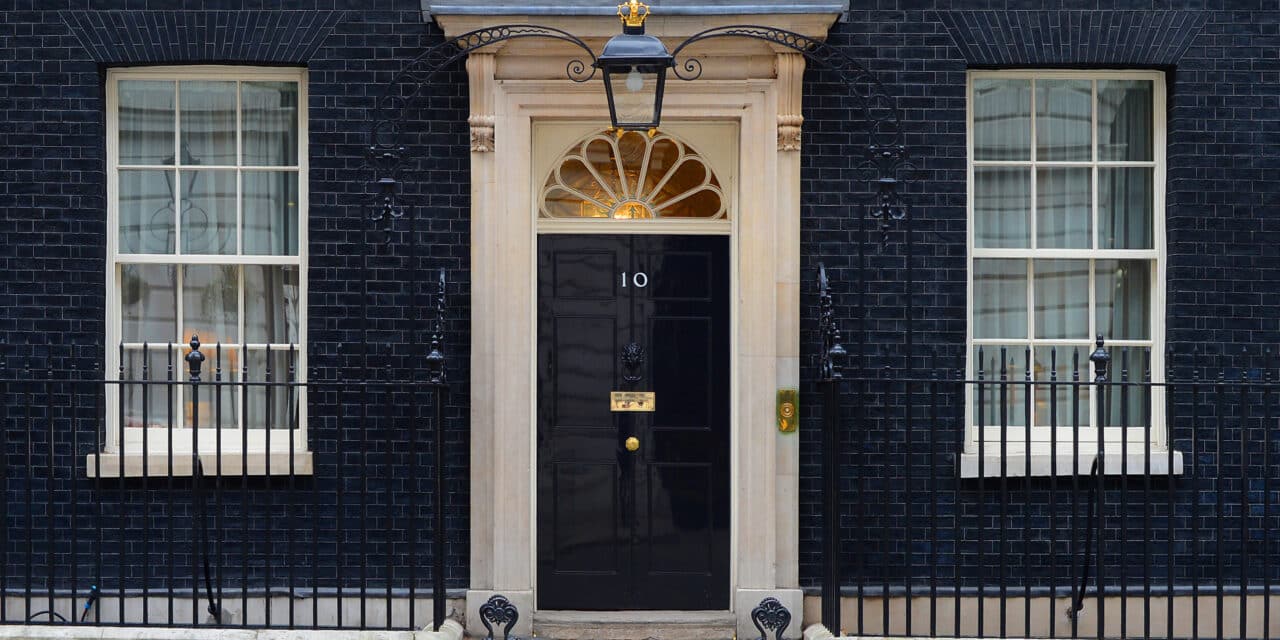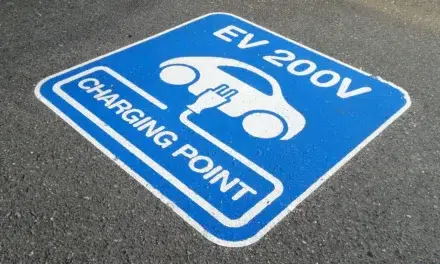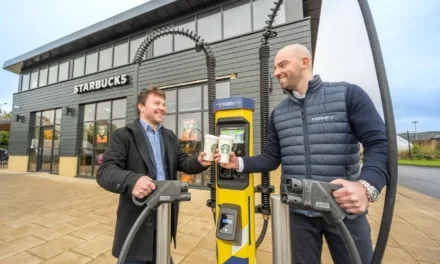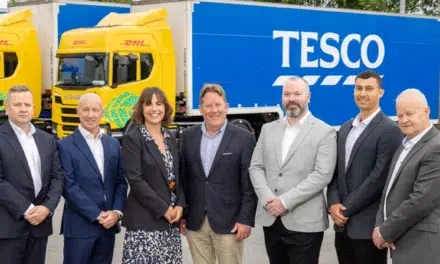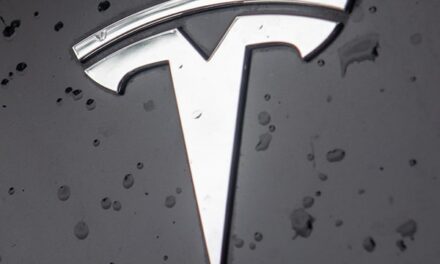The Prime Minister vows to take forward a pragmatic, proportionate and realistic path to reach net zero by 2050, reducing costs on British families while still meeting international commitments.
The UK has set the most ambitious target to reduce carbon emissions by 68% by 2030 compared to 1990 levels – and is the only major economy to have set a target of 77% for 2035.
This follows progress over the past decades to cut emissions faster than any other G7 country, with the UK having already slashed emissions by 48%, compared to 41% in Germany, 23% in France and no change at all in the United States. The UK has even surpassed the targets most countries have set for 2030, such as Australia, Canada, Japan and the US, and overdelivered on all its previous targets to date.
Thanks to this progress already made, reaching the UK’s 2030 and 2035 targets do not have to come at the expense of British citizens who are continuing to face higher costs of living – particularly as the UK’sshare of global emissions is less than 1%.
Advertisement
This means some measures that were planned are no longer needed to fulfil them.
The Prime Minister has made clear that the plans to meet net zero will only succeed if public support is maintained or we risk losing the agenda altogether, unable to meet our goals.
The UK will remain the country with the most ambitious, stringent de-carbonisation targets in the world even after these changes are made.
Under revised plans, the Government will:
- Move back the ban on the sale of new petrol and diesel cars by five years, so all sales of new cars from 2035 will be zero emission. This will enable families to wait to take advantage of falling prices over the coming decade if they wish to.
- Delay the ban on installing oil and LPG boilers, and new coal heating, for off-gas-grid homes to 2035, instead of phasing them out from 2026. Many of these homes are not suitable for heat pumps, so this ensures homeowners are not having to spend around £10-15,000 on upgrading their homes in just three years’ time.
- Set an exemption to the phase out of fossil fuel boilers, including gas, in 2035, so that households who will most struggle to make the switch to heat pumps or other low-carbon alternatives won’t have to do so. This is expected to cover about a fifth of homes, including off-gas-grid homes – those that will need expensive retrofitting or a very large electricity connection.
- Scrap policies to force landlords to upgrade the energy efficiency of their properties, but instead continue to encourage households to do so where they can.
- Raise the Boiler Upgrade Grant by 50% to £7,500 to help households who want to replace their gas boilers with a low-carbon alternative like a heat pump.
- Rule out policy ideas that would require people to share cars, eat less meat and dairy, be taxed to discourage their flying, or have seven bins to hit recycling targets – removing worrying proposals that would interfere in the way people live their lives.
These changes will not require the UK to change or abandon its upcoming emissions targets and the Prime Minister is unequivocal that we’ll meet our international agreements including the critical promises in Paris and Glasgow to limit global warming to 1.5 degrees.
The Prime Minister Rishi Sunak said:
This country is proud to be a world leader in reaching Net Zero by 2050. But we simply won’t achieve it unless we change.
We’ll now have a more pragmatic, proportionate, and realistic approach that eases the burdens on families.
Advertisement
All while doubling down on the new green industries of the future. In a democracy, that’s the only realistic path to Net Zero
We are going to change the way our politics works. We are going to make different decisions. We will not take the easy way out.
There will be resistance – and we will meet it. Because I am determined to change our country and build a better future for our children. Nothing less is acceptable.
Therefore, the Prime Minister has pledged to ensure that Parliament gives full scrutiny to all future measures that might be needed to fulfil the Carbon Budget. This means more accountability from elected representatives and more transparency for the British public on how we plan to reach net zero.
Underpinning our net zero ambitions is the commitment to boosting energy security and protecting nature. Today, the Prime Minister announced:
- The first ever spatial plan for energy infrastructure set out to give industry certainty over where it will be and give every community a say.
- A “fast track” through the nationally significant infrastructure project planning regime, available for major eligible transmission projects, to ensure they are prioritised, helping businesses and households connect to the grid sooner.
- A new approach to grid connections, where energy projects that are ready first will connect first – and ultimately get online quicker.
- The new Green Futures Fellowship, backed by a £150m endowment, to support at least 50 leading scientists and engineers to develop practical, breakthrough green technologies and climate change solutions over five years – building on the £1 billion invested into the Net Zero Innovation Portfolio.
The Chancellor and Energy Security Secretary will bring forward comprehensive new reforms in due course.

